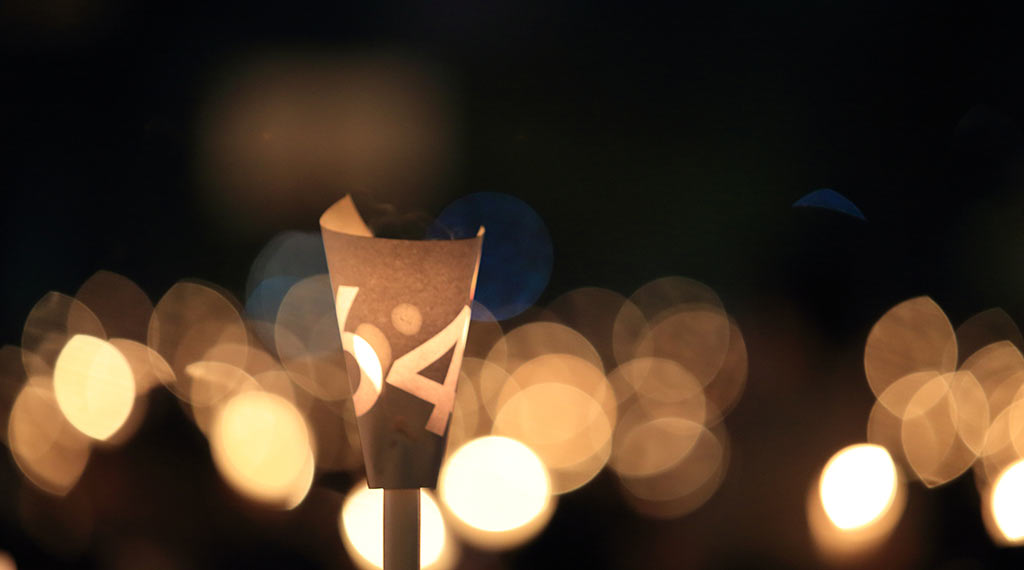Situation Report: Iconic Tiananmen Square Massacre vigil goes underground as Beijing crushes Hong Kong dissent

In May of 1989, student-led protests in China spread to some 400 cities, calling for democracy, freedom of the press, freedom of speech and general accountability from the Chinese Communist Party (CCP). The protests climaxed in Beijing on June 4 when about one million people had congregated in Tiananmen Square and were brutally suppressed by the People’s Liberation Army. The death toll may never be known due to a CCP information blackout, but many Western analysts agree that the dead numbered in the thousands.
Eight years later in 1997, the United Kingdom handed its longtime colony Hong Kong over to the mainland Chinese government. Under an agreement, citizens of the coastal city were to retain many of the individual and political rights they had enjoyed under British rule for another 50 years, until 2047. Instead, Beijing found pretexts to dismantle these rights gradually and systematically, sparking civil disobedience from Hong Kongers who refused to silently accept absorption into the mainland system. Clashes peaked in 2019-2020 as Beijing sought to impose a National Security Law that included powers to detain people accused of “secession, subversion, terrorism and collusion with foreign powers,” effectively outlawing dissent. British Prime Minister Boris Johnson called the National Security Law “a clear and serious breach of the Sino-British Joint Declaration.”
The law was adopted in June 2020, and shortly afterwards an annual June 4 protest marking the Tiananmen Square massacre was banned by authorities for the first time, ostensibly for health concerns related to the COVID-19 pandemic. Tens of thousands of Hong Kongers used to mark the anniversary with a candlelight vigil in Victoria Park, with the 2019 event attracting up to 180,000. Since then, authorities have used the National Security Law to arrest nearly all of the city’s outspoken and prominent pro-democracy figures. Most are either behind bars or have fled the city.
This June, authorities have again banned the Victoria Park vigil, and indeed any gathering to mark the anniversary. Protesters will face up to five years in prison for attending a vigil and one year in jail for publicizing it. The Hong Kong Police Force made it clear in a May 29 tweet that disobeying the rules would not be tolerated: “Law banning gatherings of 4+ ppl still in force. Public should NOT take part in/advertise/publicise unauthorised assemblies!” CNN reported that Hong Kong’s June 4 Museum, the only museum in mainland China or Taiwan that commemorates Tiananmen, was forced to close two days ahead of the anniversary.
In 2021, dissenters must be creative in expressing themselves. Some are marking the day by attending commemorative services at seven designated churches, hoping that will provide them some immunity. But a promotional poster makes no mention of the events of 1989, stating: “For various reasons, we may not be able to elaborate, but let’s not forget history.”
Speaking to Reuters, Chow Hang Tung, vice chairwoman of the group that organized the vigils now recommends lighting a candle at home. “As long as they haven’t said candles are illegal, we will light a candle,” she said. “It’s a sign of whether we can defend our bottom line of morality … That’s the test.”
- Nearly half say coronavirus is man-made; 29% say it was intentionally released - February 17, 2022
- Americans back total boycott of Beijing Olympics under certain conditions - December 13, 2021
- Beijing pushes limits of authoritarian reach with latest celebrity “disappearance” - November 19, 2021
